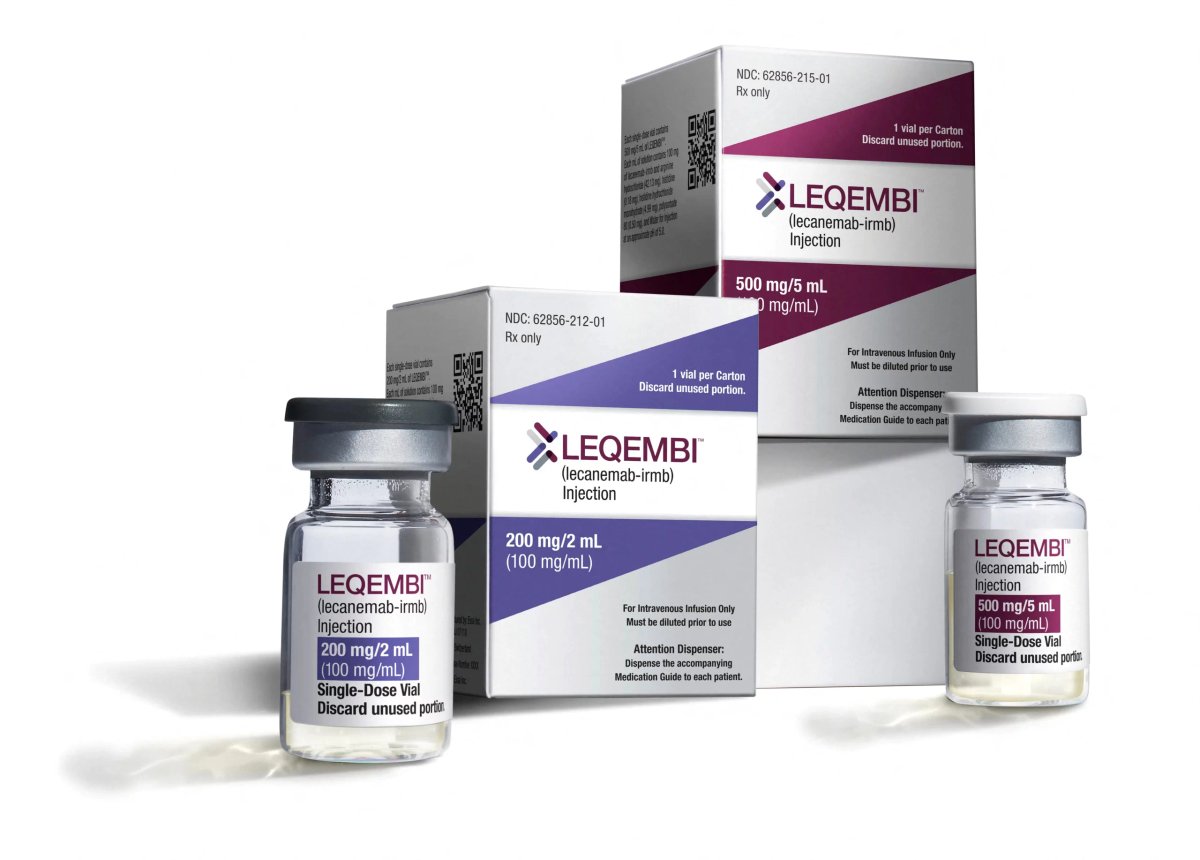People with two copies of a risk gene have genetic form of Alzheimer’s, scientists say


By Julie Steenhuysen
CHICAGO (Reuters) -People who carry two copies of the APOE4 gene are virtually guaranteed to develop Alzheimer’s and face symptoms at an earlier age, researchers reported on Monday in a study that could redefine such carriers as having a new genetic form of the mind-wasting disease.
The reclassification could change Alzheimer’s research, diagnosis and approaches to treatment, according to the researchers, whose study was published in the journal Nature Medicine.
“Through these data we are saying that perhaps this is a genetic form of this disease, not merely a risk factor indication,” study co-author Sterling Johnson of the University of Wisconsin’s Alzheimer’s Disease Research Center told reporters in a briefing.
Scientists have known for three decades that people with two copies of APOE4 gene variant have significantly higher risk of developing the disease than people with the most common version of the APOE gene, known as APOE3. About 2% to 3% of the general population, or 15% of people with Alzheimer’s, have two copies of the APOE4 variant.
“This study adds compelling data to suggest that people with two copies of this gene are almost guaranteed to develop Alzheimer’s if they live long enough, and that they will develop Alzheimer’s earlier than people without this gene,” said professor Tara Spires-Jones, an Alzheimer’s researcher at the University of Edinburgh who was not involved in the study.
Dr. Juan Fortea of the University of Barcelona and colleagues studied more than 3,000 donated brains from the U.S. National Alzheimer’s Coordinating Center, as well as biological and clinical data on more than 10,000 individuals from three countries.
They found that by age 65, at least 95% of people with two copies of APOE4 – known as homozygotes – had abnormal levels of an Alzheimer’s-related protein called beta amyloid in their spinal fluid, and 75% had positive brain scans for amyloid.
Nearly all APOE4 homozygotes in the study had higher levels of amyloid at age 65 than people who did not carry the risk variant.
The findings suggest APOE4 homozygotes meet the three main criteria for being a genetic disease: nearly everyone with these two variants have Alzheimer’s biology; they develop symptoms at about the same rate; and clinical and biological changes occur in a predictable sequence, the researchers said.
Professor David Curtis of the UCL Genetics Institute, who was not involved in the research, remained unconvinced. “I do not see anything in this paper to justify the claim that carrying two copies of APOE4 represents some ‘distinct genetic form’ of Alzheimer’s disease’,” he said in a statement.
“No matter how many (copies) of APOE4 one carries the underlying disease processes seem similar across cases of Alzheimer’s disease,” he said.
The findings could have implications for the recently approved Alzheimer’s treatment Leqembi from Eisai and Biogen, a drug that removes amyloid from the brain.
In clinical trials, patients with two copies of the APOE4 variant have much higher rates of brain bleeding and swelling associated with the treatment. Because of this, some centers do not treat these patients, Dr. Reisa Sperling, an Alzheimer’s researcher at Mass General Brigham who worked on the study, said in a briefing with reporters.
The findings suggest they should be treated at a younger age because “we know they’re very, very likely to progress to impairment quickly,” she said.
Dr. Samuel Gandy, an Alzheimer’s researcher at Mount Sinai in New York, said the findings stress the need to enroll APOE4 homozygotes into trials designed to prevent the disease before they develop symptoms. Sperling is conducting one such trial.
Heather Snyder of the Alzheimer’s Association said the findings, if correct, could have significant implications for how disease risk is assessed, how it is studied in clinical trials and how treatments are developed.
The new designation would be for Alzheimer’s that develops later in life. Other genetic forms include Autosomal-dominant Alzheimer’s Disease, which is caused by mutations in three different genes, and Down syndrome.
A key limitation of the study is that it involved mostly people of European ancestry. The team said more study is needed in people of African descent, a population in which APOE4 appears to convey a lower risk of Alzheimer’s disease.
(Reporting by Julie SteenhuysenEditing by Bill Berkrot)
The APOE4 gene is a variant of the apolipoprotein E gene that is associated with a higher risk of developing Alzheimer's disease.
Alzheimer's disease is a progressive neurological disorder that causes memory loss, cognitive decline, and behavioral changes.
Risk factors for Alzheimer's include genetics, age, family history, and lifestyle factors such as diet and exercise.
Genetic testing for Alzheimer's can identify individuals at risk based on their genetic makeup, particularly the presence of the APOE4 gene.
Explore more articles in the Top Stories category











